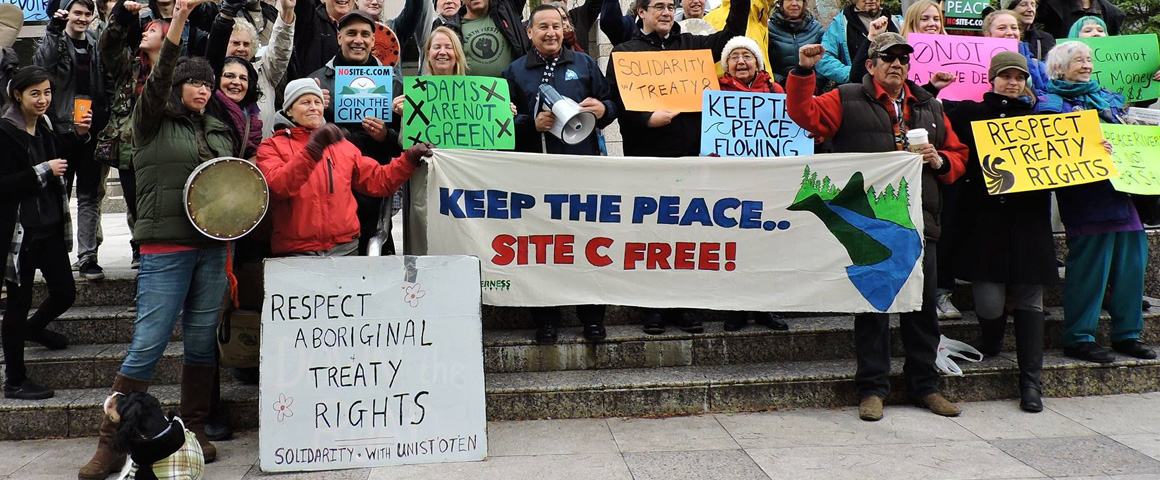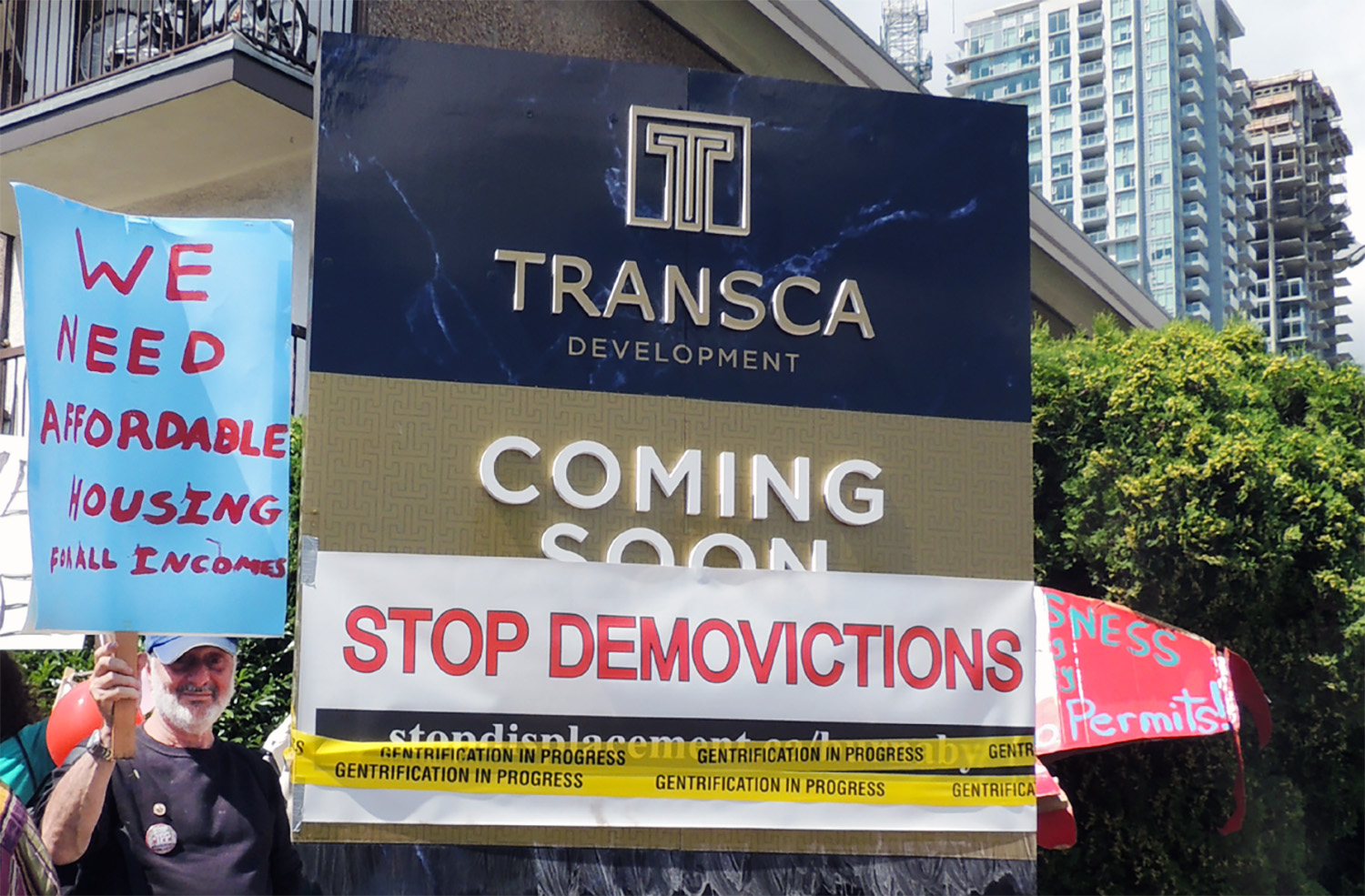PV Vancouver Bureau
Another of BC Premier Christy Clark’s pet projects has taken a serious credibility hit, just three weeks before the May 9th provincial election.
First it was the premier’s wildly exaggerated claims during the 2013 election campaign that proceeds from liquid natural gas (LNG) projects would bring billions of dollars into the provincial treasury. Clark projected that several LNG plants would be up and running by 2017, creating thousands of new jobs and generating enough revenues to expand economic infrastructure and pay down B.C.’s debts.
That scenario was panned as a pipe-dream by some observers at the time, and four years later, it appears the critics were right. The drastic fall in global energy prices and other factors have combined to shut the door on any significant new international investments in LNG projects on the west coast. Just as embarrassing for the premier, her allocation of non-existent LNG revenues in the most recent provincial budget was scooped up by the NDP to help that party present a “fully-costed” election platform. That move made it difficult for Clark to criticize the NDP’s platform promises without admitting that her own figures were completely unfounded.
The other Liberal megaproject has been the Site C dam on the Peace River in northeastern British Columbia. This massive plan to flood 83 miles of river valley – which includes indigenous territories and prime agricultural land – will cost at least $8.5 billion. The premier has been a key figure in driving preparatory work ahead, hoping to make it uneconomical for a new government to suspend the project. The Liberals have always claimed that sales of hydroelectric power from Site C will eventually cover the construction costs and generate significant revenues for the province. Critics have stressed that the government’s numbers always fail to account for the losses of farmland, let alone the violation of First Nations treaty rights.
Now, a new report by researchers at the University of British Columbia says that Site C will not benefit the provincial economy, and that power from the hydroelectric station will likely be exported at losses of up to $1 billion.
Released on April 19, the devastating report examines three options from a “business standpoint: cancelling, suspending or completing Site C. It concludes that the project should be put on hold and reviewed by the BC Utilities Commission, because changes since the initial approval mean the dam is no longer the most cost-efficient option for producing power.
The experts found that wind power and energy conservation have become cheaper options for generating electricity, and that BC Hydro’s predicted demand for electricity has dropped significantly. Electricity from Site C won’t be fully needed for nearly 10 years after the project’s expected completion date in 2024, and the surplus energy would have to be exported at prices far below cost, leading to losses of at least $1 billion. Under BC Hydro’s forecast demand, the analysis says, cumulative losses would be nearing $2.7 billion by 2036.
“The business case for Site C is far weaker now than when the project was launched, to the point that the project is now uneconomic,” said UBC’s Karen Bakker, who co-authored the report.
But the researchers also point to some good news: the point of no return has not been reached. They calculate that suspending the project would save ratepayers up to $870 million, and that outright cancellation by the end of June would save just over $1.6 billion.
Grasping at straws, Premier Clark told the media that Site C is still the right option for B.C., given the growing provincial population. She admitted she had not seen the UBC study, but said the project is about “meeting the province’s energy needs in the future.”
The dam has been strongly opposed by local farms, environmentalists and many First Nations people. But last January, the Federal Court of Appeal dismissed a lawsuit from two B.C. First Nations that were trying to block the project. By the end of June, BC Hydro will have spent over $1.8 billion on the hydroelectric station.
Communist Party of BC leader George Gidora, who is a candidate in the riding of Surrey-Whalley, welcomed the UBC report as scientific confirmation of the views of Site C opponents. The CPBC has spoken out against the project from the beginning, sharply criticizing the short-sighted view that any temporary job creation resulting from building the dam would justify the long-term economic losses and environmental destruction.
“Site C has always been about the Premier’s political ambitions, not about the needs of British Columbians,” said Gidora. “The First Nations of northern BC need to have their traditional territories protected from devastation, the farmers of the Peace River region deserve the right to keep on producing food for our population, and the taxpayers of the province need to be protected from Christy Clark’s drive to pile on needless debts in pursuit of her electoral dreams. Her claims that this project is needed to create employment for the working class of British Columbia and to meet our future energy needs is just as wrong as her arguments about the so-called benefits of LNG projects.”
The Communist Party of BC has called on all political parties in this campaign to take seriously the findings of the UBC study, and to pledge to scrap this wasteful white elephant immediately, before more economic and environmental damage is committed.




